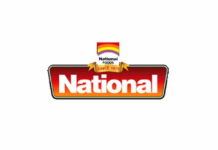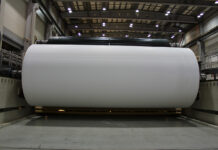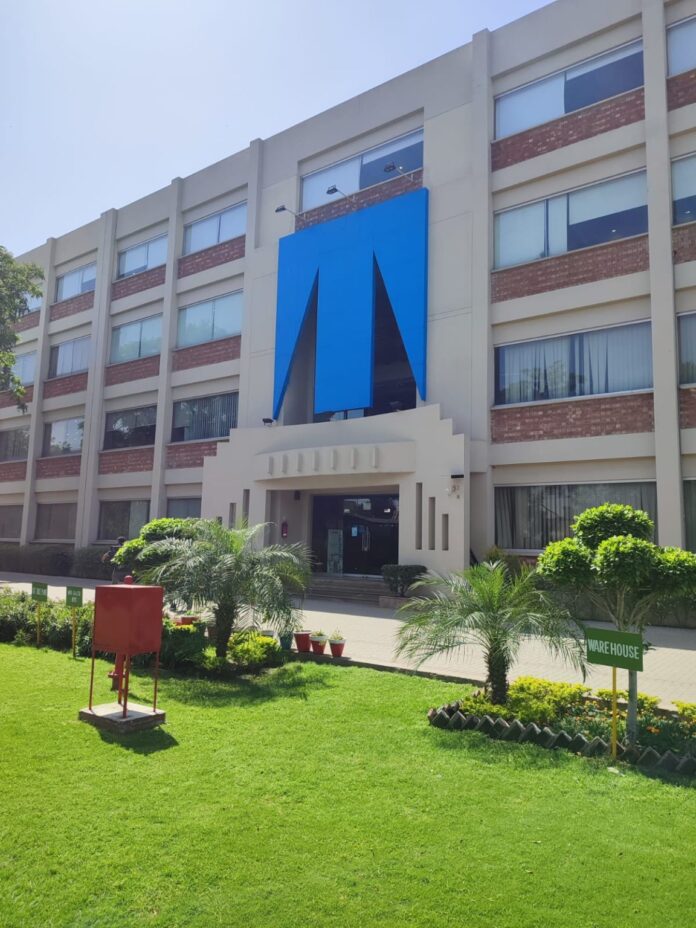Treet is one of Pakistan’s grand old companies. Established in the 1950s, the company has spent most of its history dominating its core business interests: razor blades and soap. With more than 85% in market share, Treet Corp has very much been a Pakistani success story. But as time passes, grand old companies often suffer from very typical symptoms.
When any company that begins to dominate the market to great extent, it is understood that any effort to grow further will have diminishing marginal returns. The effort and resources being used do not yield the same results as they once did. This is usually the point when companies get complacent or start to take success for granted. Oftentimes, when such businesses are family owned, the emergence of these symptoms coincide with the entrance of the second or third generation onto the scene.
That is when the real test begins. On the one hand there is the question of the new generation itself. Is it made of the same iron as the preceding generations that built the business up? On the other hand there is the other big question that successful businesses face: what is the best way to expand and grow after you have already won one market? The content in this publication is expensive to produce. But unlike other journalistic outfits, business publications have to cover the very organizations that directly give them advertisements. Hence, this large source of revenue, which is the lifeblood of other media houses, is severely compromised on account of Profit’s no-compromise policy when it comes to our reporting. No wonder, Profit has lost multiple ad deals, worth tens of millions of rupees, due to stories that held big businesses to account. Hence, for our work to continue unfettered, it must be supported by discerning readers who know the value of quality business journalism, not just for the economy but for the society as a whole.To read the full article, subscribe and support independent business journalism in Pakistan

























